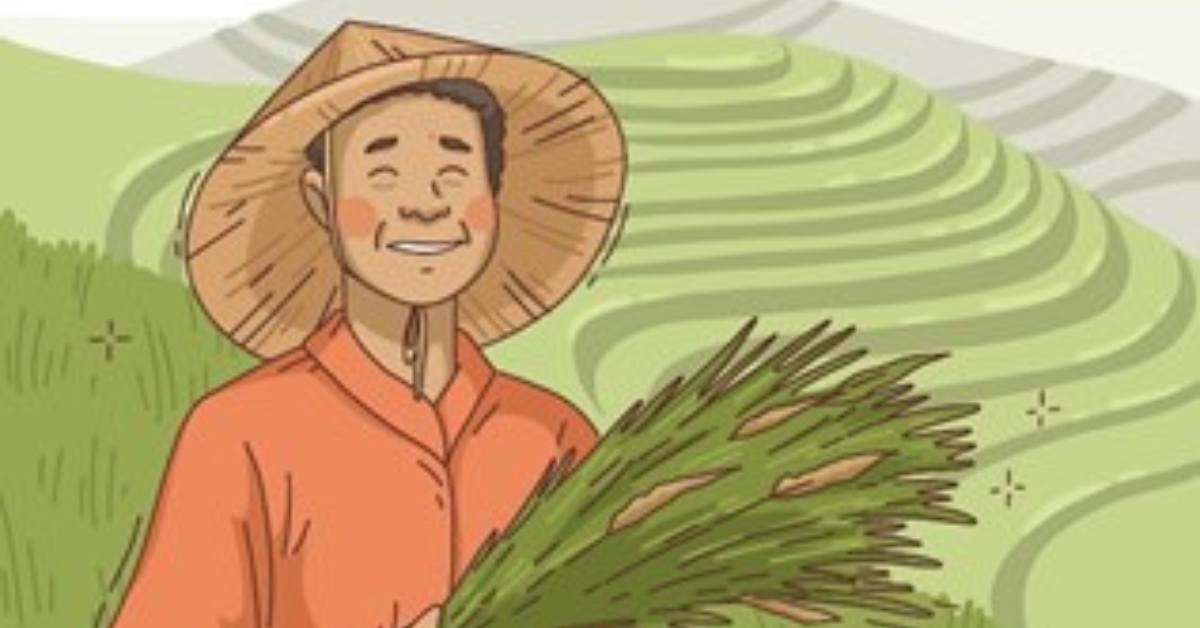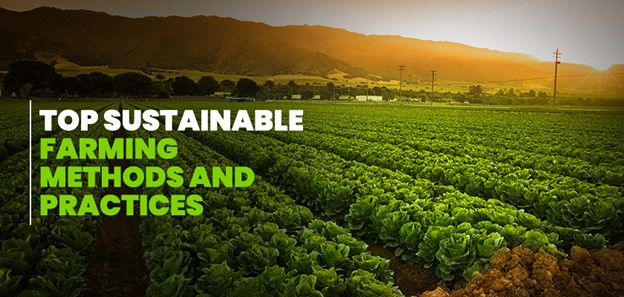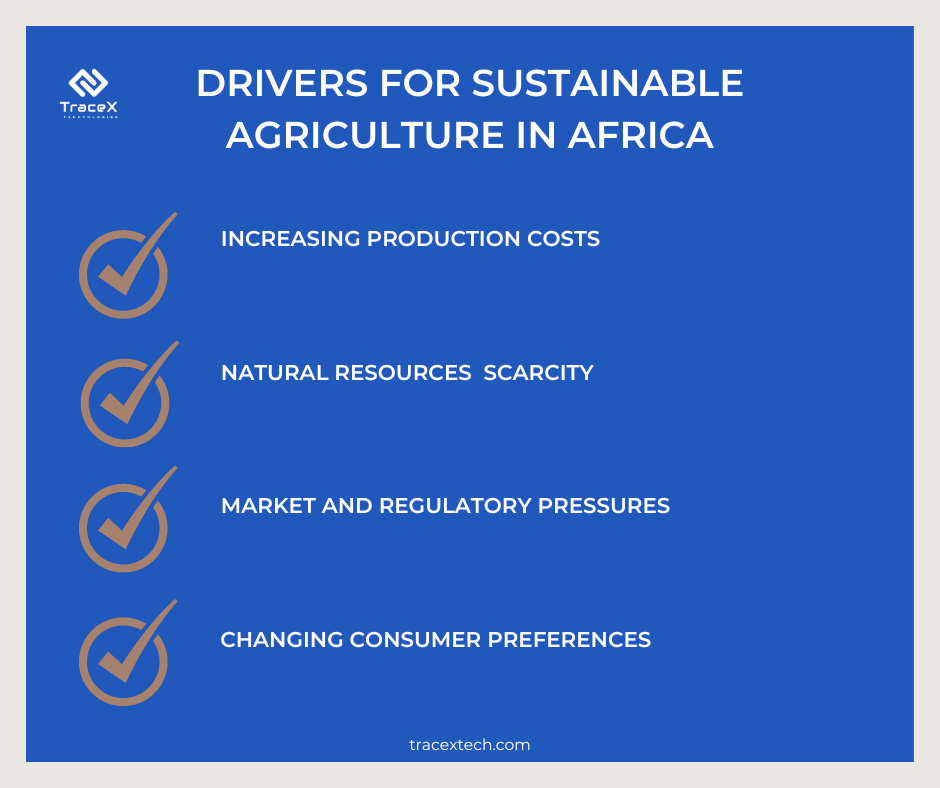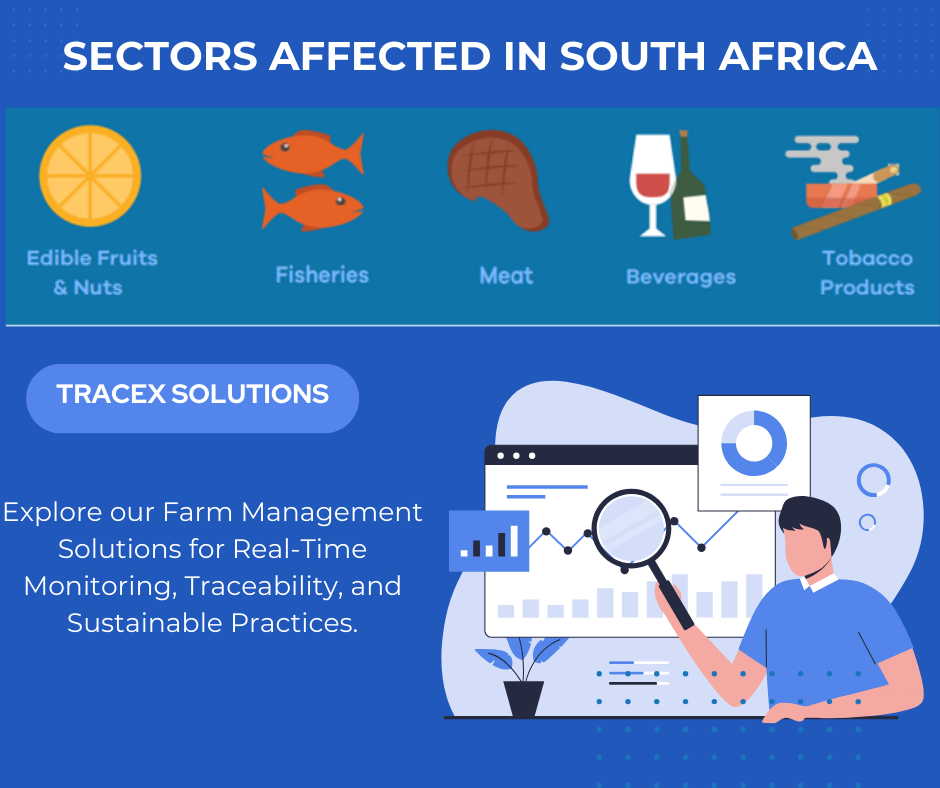Contact: +91 99725 24322 |
Menu
Menu
Quick summary: Explore the blog on Sustainable Farming in South Africa, unraveling the strategies and practices that open doors to the EU market. Discover how eco-friendly initiatives and compliance with international standards elevate South African agriculture. Dive into the gateway for sustainable farming success.

Sustainable farming in South Africa opens a gateway to the lucrative EU market, where environmentally conscious practices are increasingly valued. In, the heart of South Africa, sustainable farming isn’t merely a practice; it’s a commitment to nurture the land, foster economic growth, and dance in harmony with nature. From the lush vineyards to the golden savannahs, sustainable farming emerges as a light of hope, addressing climate challenges and championing a holistic approach.
As global demand for sustainably sourced products rises, South African farmers embracing eco-friendly and ethical approaches position themselves not only for economic growth but also as contributors to a more sustainable agricultural future. Sustainable farming practices serve as a key link to accessing the lucrative European Union (EU) market. The EU’s emphasis on ethical and sustainable agricultural practices aligns with the principles of sustainable farming, providing South African farmers with an opportunity to tap into premium markets.
The EU is SA’s second biggest market for agricultural products, receiving 27% of the country’s total agricultural exports.
This blog delves into the significance, challenges, and opportunities that sustainable farming presents in the context of South Africa’s agricultural landscape and its crucial link to accessing the EU market.

The incorporation of organic farming techniques stands as a cornerstone in the arsenal of sustainable agricultural practices. From natural fertilizers to meticulous crop rotation, these methods not only foster environmental well-being but also position South African farmers favorably amidst the stringent standards set by the European Union (EU) for organic produce. Organic farming in South Africa revolves around cultivating food crops and raising livestock in a manner that upholds soil, ecosystem, and human health. Instead of employing potentially harmful inputs, organic agriculture harnesses ecological processes, biodiversity, and cycles tailored to local conditions.
In a nation grappling with water scarcity, the implementation of efficient water conservation and management practices assumes paramount importance. The integration of technologies and practices aimed at optimizing water usage not only addresses the immediate challenges posed by changing climate patterns but also aligns with the EU’s stringent expectations.
The philosophy of Integrated Pest Management (IPM) represents a paradigm shift in minimizing the reliance on harmful pesticides. Through a holistic approach encompassing natural predator introduction and strategic crop rotation, South African farmers not only enhance biodiversity but also adhere to EU standards emphasizing reduced pesticide residues.
Central to the ethos of sustainable farming is the unequivocal focus on soil health. Techniques such as cover cropping and organic matter incorporation stand as testament to the commitment toward improved soil fertility. Beyond the immediate benefits of enhanced crop yields, these practices resonate strongly with EU expectations.
In response to escalating resource scarcity, farmers are increasingly adopting sustainable agricultural practices and advanced technologies to safeguard resources and enhance resilience to climate change.

Consumers are increasingly aware of the farming and packaging practices influencing their food and its environmental impact. This heightened awareness has compelled retailers to set sustainability goals for procurement and prompted governments to enforce stricter regulations on carbon emissions, traceability, and more. International policies, such as the EU Green Deal and F2F, hold significant implications for South African farmers, particularly those engaged in exporting fresh produce.
As South African farmers aspire to export their produce to the EU market, a comprehensive understanding of the intricate web of EU agricultural regulations becomes imperative. Navigating this regulatory landscape is not just a necessity but a strategic imperative for seamless market access.
The journey toward market approval involves meticulous adherence to certification processes validating sustainable farming practices. From organic certifications to sustainability endorsements, South African farmers navigate these pathways with precision, demonstrating a commitment to ethical and sustainable agricultural practices.
In South Africa, the population has been forecast to grow from 54 million people to over 65 million in 2050.
Regenerative agriculture embodies a comprehensive farming approach designed to enhance soil health, foster biodiversity, and bolster ecological resilience—all while ensuring food production. At its core, regenerative agriculture emphasizes collaboration with natural systems rather than opposing them.
The Southern African Regenerative Agricultural Association (RegenAg SA) operates as a non-profit organization dedicated to education and advocacy. Its mission is to mitigate the detrimental impacts of Industrial Agriculture by guiding farmers and consumers through the transition to Regenerative Agriculture, aiming to bring about positive change.
In an age dominated by consumer awareness and ethical considerations, the importance of traceability in exports cannot be overstated. Robust traceability systems, ensuring transparency from farm to fork, not only satisfy EU market requirements but also foster consumer trust.

The adoption of sustainable farming practices in South Africa serves as a passport to premium markets in the EU. With an increasing global demand for ethically sourced and sustainably produced agricultural products, South African farmers can leverage these practices to command higher prices for their produce.
While the initial transition to sustainable practices may necessitate investment, the long-term sustainability and profitability far outweigh these costs. Sustainable farming emerges not merely as an agricultural practice but as an investment in the enduring prosperity of South African agriculture.
Government support assumes a pivotal role in fostering sustainable farming practices. Incentive programs, subsidies, and policy frameworks can incentivize South African farmers to embrace and integrate sustainable practices into their agricultural endeavors.
Collaborative efforts with non-governmental organizations (NGOs) and industry partners bring additional resources, expertise, and networks. These partnerships facilitate knowledge exchange, training programs, and access to markets, collectively contributing to the successful adoption of sustainable farming practices.
Investment in knowledge exchange platforms and capacity-building initiatives empowers South African farmers with the necessary skills. Workshops, training sessions, and technology transfer programs play a crucial role in facilitating the successful integration of sustainable farming practices.
TraceX offers comprehensive technology solutions that can significantly enhance farm management and traceability in agriculture.
The platform facilitates end-to-end traceability, enabling farmers to trace the journey of each crop from planting to harvesting and distribution. This transparency is crucial for quality assurance and meeting certification requirements.
TraceX provides real-time monitoring of farm activities, allowing farmers to track the progress of various operations, monitor crop health, and respond promptly to any issues.
The platform provides visibility into the entire supply chain, allowing farmers to optimize logistics, reduce inefficiencies, and enhance collaboration with suppliers, distributors, and retailers.
TraceX assists in managing inventory efficiently by digitally recording and organizing data on raw materials, products, and supplies. This ensures accurate records, minimizes errors, and helps with demand forecasting.
TraceX collects and analyzes data on various farming parameters, empowering farmers to make informed decisions. From choosing the right crops to optimizing resource use, data-driven insights enhance overall farm management.
TraceX helps farmers adhere to sustainability and certification standards by ensuring that every stage of the farming process complies with regulations. This is crucial for accessing premium markets and meeting consumer demands.
Utilizing blockchain ensures the integrity and security of data. Immutable records on the blockchain enhance trust among stakeholders and contribute to the credibility of the entire traceability system.
TraceX’s mobile accessibility ensures that farmers can manage their operations from anywhere, providing flexibility and convenience. The multi lingual app that supports offline mode helps farmers to navigate the solutions with ease.
The future of South African agriculture is inexorably linked to the commitment to sustainable farming. As global awareness of environmental issues continues to rise, the demand for ethically produced food and sustainable agricultural practices is expected to grow. South African farmers, armed with sustainable practices, are well-positioned to meet this demand, ushering in a future characterized by resilient and thriving agriculture.
In the heart of South Africa’s farmlands, the transition to sustainable farming not only aligns with environmental responsibility but is a strategic move toward enduring prosperity. By embracing organic techniques, efficient water usage, and holistic pest management, our farmers are not just meeting EU standards; they’re leading the charge in ethical and sustainable agriculture.
As we navigate challenges together—bolstered by government support, collaborative partnerships, and a commitment to knowledge exchange—South African agriculture is on a trajectory toward a future where sustainability isn’t just a practice; it’s a way of life.
In the global market, our farmers stand as stewards of ethical and eco-friendly practices, meeting the rising demand for responsibly sourced produce. This journey isn’t just about the fields; it’s an investment in a future where South African agriculture thrives, resonating with conscious consumers worldwide. The road to sustainable farming is a promise—a promise for resilient farms, a thriving environment, and a prosperous tomorrow.
